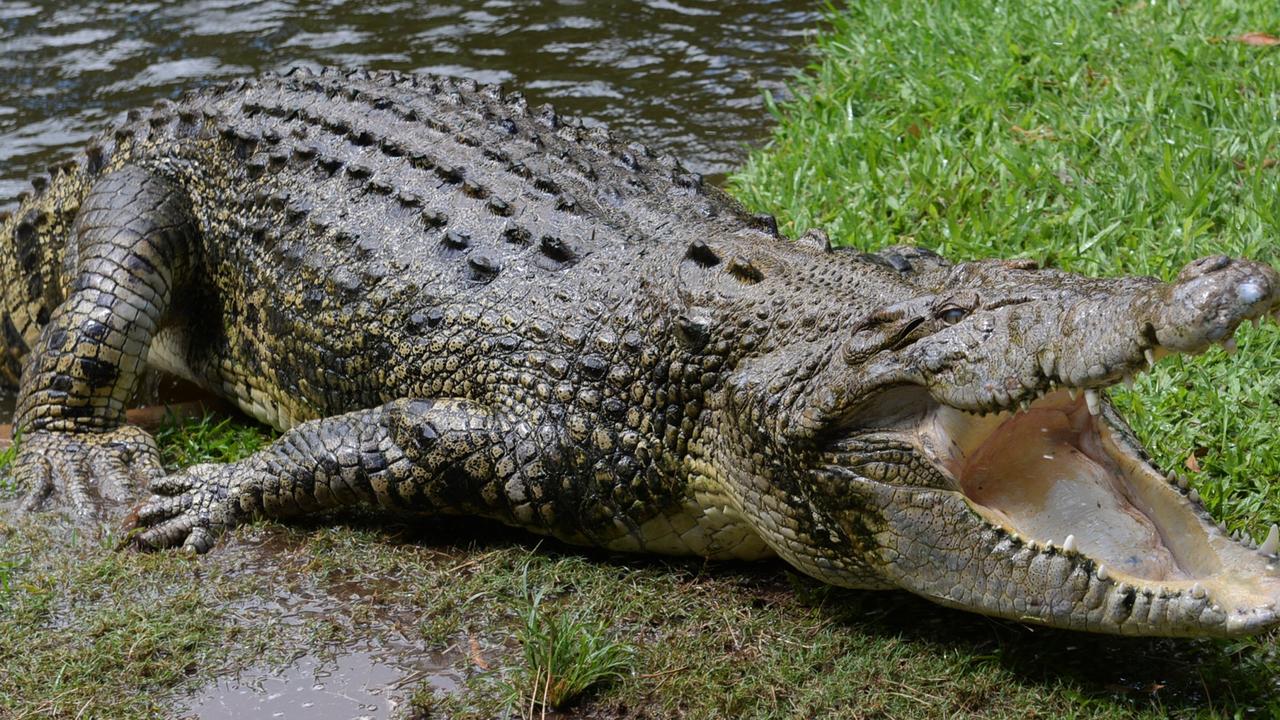Tokyo Olympics 2021: Drug tester concedes Covid measures will mean cheats will slip through net
The International Testing Agency boss has conceded the Covid measures in place across the Games would make in-competition drug testing difficult when the window officially begins on Friday.

Olympics
Don't miss out on the headlines from Olympics. Followed categories will be added to My News.
Olympic drug cheats in Tokyo could slip through the net more easily as athletes head home immediately after competing.
International Testing Agency director general Benjamin Cohen conceded the Covid-19 measures in place across the Games would make in-competition testing difficult when the window officially begins following the opening ceremony on Friday.
“The ITA plans to collect approximately 5000 samples over the Games,” Cohen said. “The split between out-of-competition is 1500 and 3500 in-competition.“
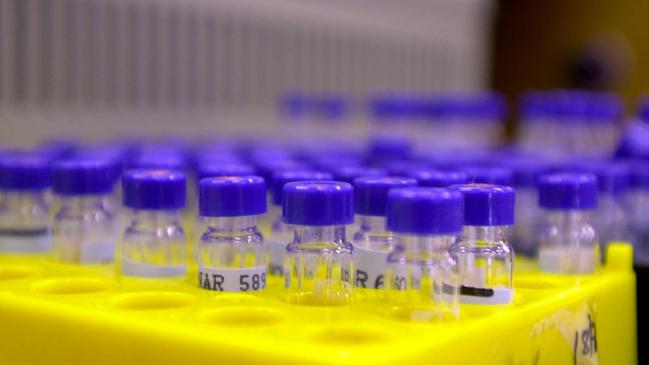
We anticipate that it will be a bit less given the Covid measures in place, the athletes staying for a shorter period of time in the village and the logistical constraints we face.”
Gaps in testing windows as a result of the pandemic has been a major concern ahead of the Tokyo Games.
“The testing … obviously has been more complicated for the anti-doping community for the past year and half,” Cohen said.
“Testing numbers have been reduced as a result of the pandemic. Covid has made our logistics a bit more complicated.”
Cohen admitted the ITA, at times, been forced to kick the ball down the road when it came to routine out-of-competition testing, particularly in countries heavily impacted by the pandemic.
“We were in touch with the national (anti-doping) agencies in these countries and whenever testing could not occur … these recommendations were then shifted to us, the ITA, so that we could fill the gaps before the games,” Cohen said.
“If we were not able to conduct testing, this is then shifted to the testing plan here (in Tokyo) to make sure these athletes are tested on arrival in Tokyo.”
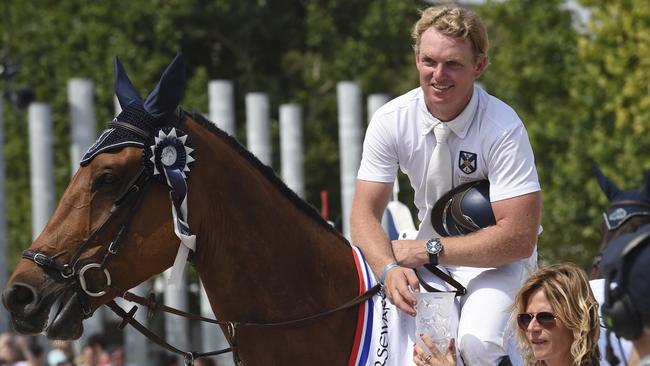
But Cohen’s admission that the ITA will likely conduct fewer than its initial figure of 5000 tests does raise concerns that some drug cheats could slip through the testing net.
ITA head of legal affairs Dominique Leroux said one of the gaps the testing agency was able to fill resulted in a number of Brazilian athletes being barred from competing in Tokyo.
“Testing did pick up and we had many positive cases from Brazil as part of the pre-games efforts,” she said.
|
“I will not say it was a trend, but it was not just random numbers. At some point we did fill a gap and did see results of some potential Olympians who are not here today.”
Tokyo set to be dirtiest Olympics in history
International drug testers have significantly ramped up testing before the Tokyo Olympics to make up for ‘a pandemic of cheating’ that could result in the dirtiest Games in history.
Athletes are privately concerned that suspect opponents have exploited lockdowns and logistical safety issues faced by drug testers during the Covid-19 crisis and abused the global medical emergency to overcome old injuries, to bulk up and boost intensity of training.
Athletics Integrity Unit chairman David Howman, a former director general of WADA said: “You are left with the thought that those who like to take those (cheating) shortcuts would have done so and you have to cross your fingers a wee bit and hope that those who did are going to be caught.”
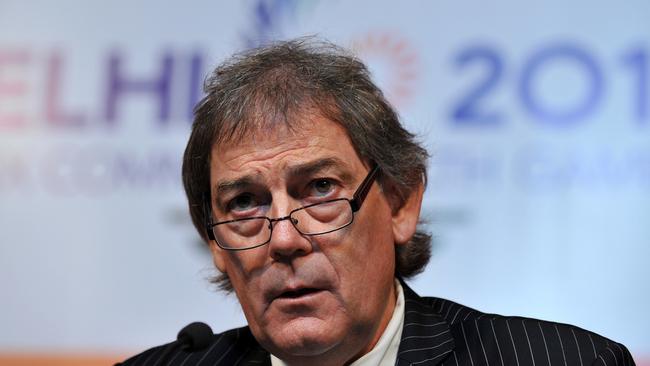
Dick Pound, the Canadian International Olympic Committee member said testing has been uneven due to travel restrictions, and varying conditions in each country, which also impacted training routines and schedules.
“I think we have to recognise that this may be part of the price of the pandemic,” he said.
His view was mirrored by a global drug tester who asked to remain anonymous. The tester was worried that there was a prolonged period last year for athletes to cheat without any fear or consequences.
“Athletes easily avoided testing because their country was in a lockdown, and then you had cheating athletes only having to say they had a small fever or some other Covid symptom and then they weren’t even tested, so very little testing was done,’’ the drug tester said.
“Some athletes had many months avoiding detection in this way and it’s really sad for those doing the right thing, but they will have absolutely exploited this. Any athlete with an old niggle could easily use this time to take steroids to help heal that problem, and you’ve others that are already cheating, who’ve decided this is a prime time to ramp up the micro dosing (using small amounts of drugs regularly) knowing there’s next to no chance of being tested. Forget the Covid pandemic, the another pandemic was happening behind closed doors of athletes cheating”.
Another insider said some athletes — when contacted by the testers on their doorstep — claimed to be isolating, having come in contact with a positive case, and any scheduled drug test was then abandoned.
This person said there didn’t appear to be any data suggesting how many tests were avoided this way, but he suggested a window into the levels of what has been going will be to look at how many records and personal bests will tumble at the Games.
Mid last year WADA informed athletes in a letter that it was “adjusting daily operations by reducing some doping control activities”, adding “we acknowledge that these necessary actions may impact upon athlete confidence that competitions, being carried out during or soon after we emerge from this situation, will be as clean as possible.”
In April 2020 only 569 out of competition tests were obtained from athletes around the world, 12,000 less than in April the year before.
At the time many athletes were upset.
US Olympic triple jump champion Christian Taylor said the agencies should have continued to give the impression that testing could occur.
“If they know they’re not going to be tested, we’re really opening up the doors to difficult times. Why say anything at all?”
In a major catch-up exercise, the International Testing Agency (ITA), which conducts the pre-Games drug tests on behalf of the International Olympic Committee, in conjunction with the World Anti Doping Agency (WADA), have conducted a series of testing blitzes in recent months.
This April for instance, there were more than 14,000 surprise tests. US Anti-Doping even trialled a test at home under the watchful eye of a video camera. And most athletes will be tested upon arrival at the Games.
But competitors and officials are still rolling their eyes, deeply suspicious that the latest testing numbers gloss over the fact that the time to uncover the cheating has long passed. While there has been a focus on the one-month suspension of grieving flamboyant US sprinter Sha’Carri Richardson after a failed marijuana test, the fear is that serious committed dopers have had a free reign.
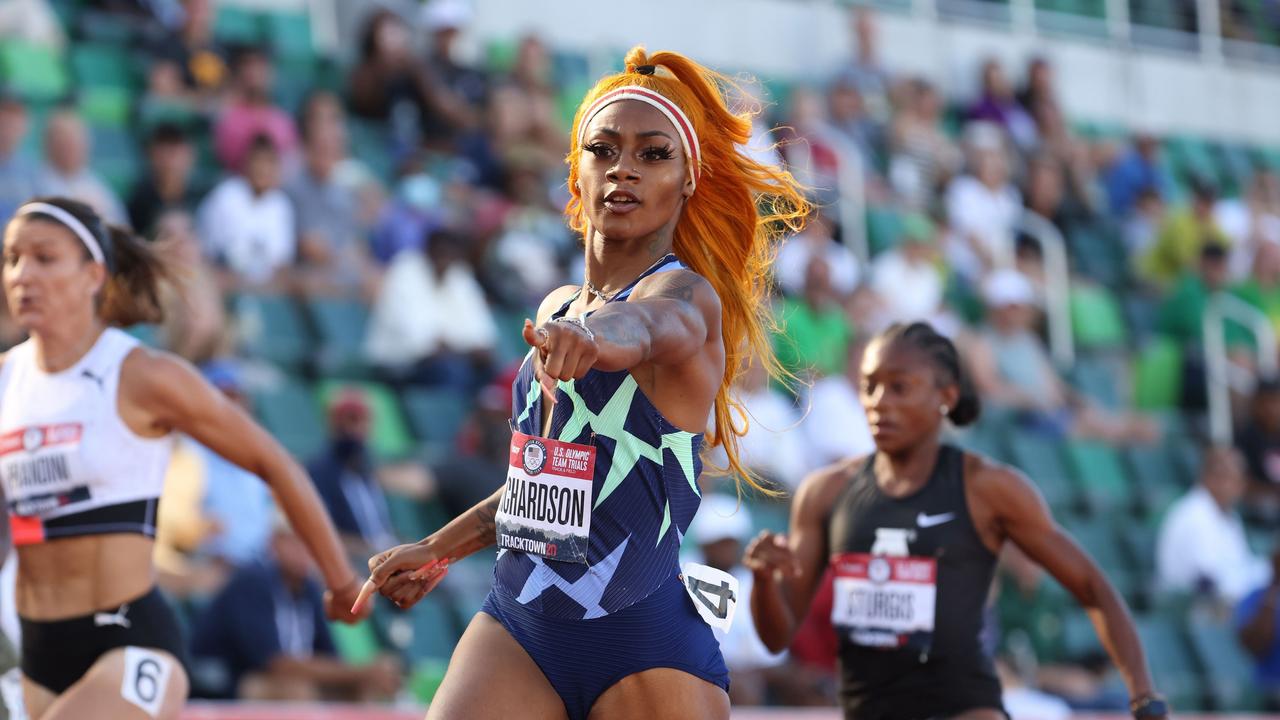
Said Mr Howman: “We are not looking at the quality of the testing and whether the test carried out now, is at the right time or whether athletes are forewarned because they know they are going to be tested in the coming weeks and the lead-up to the Games, and the clever cheaters avoid fronting up with a body full of drugs.’’
Australian swimmers were drug tested during their warm-up camp in Cairns.
Four time Olympian Emily Seebohm had some sympathy for the drug testers as it was a safety risk for them as well as the athletes and their families.
“They were just trying to do the best job that they can, obviously it’s really tough to monitor drug testing because of the pandemic,’’ she said.
When asked if her opponents were taking advantage of the situation she said: “I would hope at the end of the day things like that just don’t stay secret, they come out. I don’t see it being an issue, only because things like that tend to come out eventually’’.
Teammate Cate Campbell said “I wasn’t tested for a bunch during the pandemic’’, but added that she hadn’t been drug tested a lot since and couldn’t compare the frequency. Her last tests were during the Australian trials in June and then a few weeks ago.
She added: “I don’t want to devote any brain energy to it going into a meet: I think there’s enough going on without worrying about actions like that.”
WADA and ITA have warned athletes that analysis of the biological passport, which can show up anomalies in a linear history of drug testing results, as well as extra long term storage of samples of up to 10 years, were other weapons apart from the drug testing to uncover drug use.
More than 130 athletes have been retrospectively stripped of their Olympic results from the Rio 2016 and London 2012 Olympics after drug samples were re-tested years later as testing techniques became more sophisticated.
The IOC has committed to pay for 10 year’s storage of the drug samples, not just from the Tokyo Olympics, but on behalf of the international sports federations as well.
Last month the WADA director general Olivier Niggli was acknowledging the challenging circumstances but pleaded with drug testing agencies around the world to “make the most of this time and ensure all athletes bound for Tokyo have been properly tested”.
Mr Howman says international federations and testing agencies needed to have looked at different ways to uncover nefarious activities during the pandemic, but he feared sports had instead waited out the time to go back to what they were used to doing.
“We’ve been amazed over the years what people do,’’ he said, adding in the pandemic opportunity an athlete’s entourage, such as a coach or medical expert, would have been telling athletes to do things they felt certain they could get away with.
“They work on matters of ‘what can I put into this person’s body that will be out in the next three months’, and therefore that three-month period will be the time to load up,’’ he said.
The athletics integrity unit has concentrated using artificial intelligence and investigations to uncover athletes lying about their whereabouts.
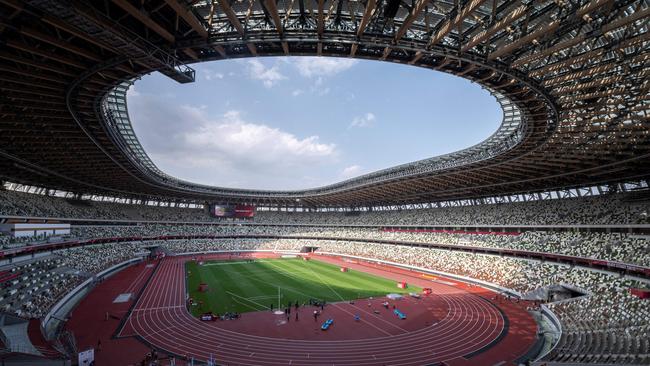
Earlier this year the Kenyan marathon runner Florence Jepkosgei Chepsoi was found to have forged medical records to explain a missed drug test. In the United States, the reigning 100m hurdles Olympic gold medallist Brianna NcNeal faces a five year ban for repeated whereabouts failures and tampering within the results management process, pending an appeal to the Court of Arbitration for Sport.
Also this year, the Russian high jumper, world champion silver medallist Danil Lysenko was handed a six-year ban after an elaborate drugs cover-up included a conspiracy involving a handful of Russian officials to stage a fake car crash, forge medical certificates and even pretending to be at a non-existent hospital located in the middle of a construction site.
Said Mr Howman: “I think you’ve got that sort of thing (deception) going on and I think that was probably not just one sport, it would be across the board and I don’t see that too many others are having a close look at it.”
He added: “In athletics we took the break caused by the virus to look at finding who was breaking the rules using artificial intelligence and putting that together in a way that showed people were lying about their whereabouts.’’
Last December in preparations for the Toyo Olympics, the ITA compiled a staggering number of 26,000 testing recommendations, targeting specific athletes in 33 sports. This compares to targeting just 1500 athletes in seven sports a month before the Rio Olympics.
Canadian Rob Koehler, a long serving former WADA executive who now heads the athlete lobby body Global Athlete said the “numbers game is a big facade and doesn’t build confidence in the system’’.
The main concern held by athletes was transparency, he said.
“They are still not reporting athletes’ names who have been tested, why isn’t every name of every athlete posted, detailing when they’ve been tested and how many times they’ve been tested? Surely transparency would build confidence in everyone. That’s not done.”
Mr Koehler added: “I get that it was a difficult year, but others had some pretty creative ways to test athletes. Look at athletes, they have been training non stop for the last six months, so why haven’t they been tested over the past six months? On the start line athletes want to know that everyone beside you has had the equal testing program that you have had. That’s what’s creating suspicion, there are going to be some gaps, that’s OK, but certainly there was time to make up and ensure that target testing was happening.’’




